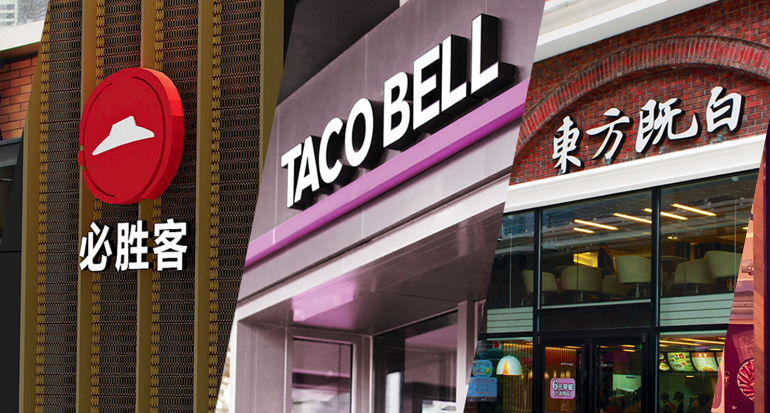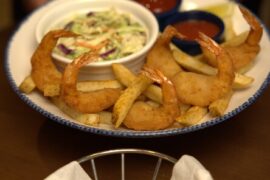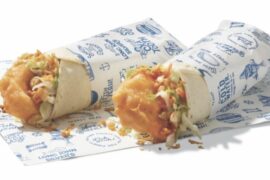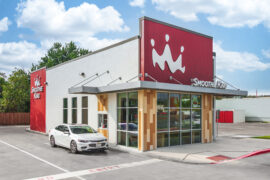Shanghai-headquartered Yum China’s revenues for the second quarter of 2020, which ended on June 30, came in at 89% of the prior year’s level while system sales recovered to 96% of the Q2 2019 mark in constant currency. Operating profit for the PRC’s leading quick service restaurant chain was $128 million.
Since Covid-19 pandemic outbreak-related lockdowns were imposed early this year, more than 99% of Yum’s restaurants in China – which include KFC, Pizza Hut, Taco Bell, Coffii & Joy and Little Sheep brands – are now open for business. Sales improved sequentially in April and May but softened in June. Turnover was primarily impacted by significantly reduced traffic at transportation and tourist locations, delayed and shortened school holidays and resurging regional infections. These factors and the lingering effect of Covid-19 continued to impact operations in July.
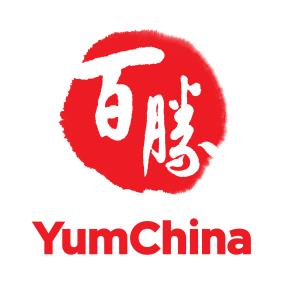
The unevenness in recovery was most pronounced in the differences between regions and trade zones, with outlets in Eastern China bouncing back faster than those in other areas. The recovery in Northern China was notably slower, primarily due to more stringent public health measures. Transportation and tourist locations, which accounted for high single digits of sales, continue to experience significant year over year traffic declines. The pace of recovery also varied across days of the week. Weekdays recovered the fastest as people returned to work and school, followed by weekends, with holidays lagging behind.
The company drove traffic during the second quarter by leveraging its digital and operating capabilities and adapting to changing consumer demand. While dine-in improved when compared to the beginning of the novel coronavirus (SARS-CoV-2) outbreak, delivery and takeaway continued to grow year over year and contributed over half of Yum’s sales in Q2. Unit sales also grew by double digits and exceeded 60% of system sales. Digital ordering grew in popularity, accounting for approximately 80% of company sales in the quarter.
Sales deleveraging and additional costs reduced restaurant margin and operating profit compared to the prior year period. Those negative impacts were partially offset by the realignment of cost structure and labor productivity improvements. Yum also received one-time relief from landlords and government agencies.
Second Quarter Highlights
- Total revenues declined 11% year over year to $1.9 billion from $2.12 billion, a 7% decline excluding foreign currency translation (F/X).
- Total system sales declined 4% year over year, with declines of 6% at KFC and 12% at Pizza Hut, excluding F/X (7% decline excluding the consolidation of Huang Ji Huang).
- Same-store sales declined 11% year over year, with a 10% decline at KFC and 12% decline at Pizza Hut, excluding F/X.
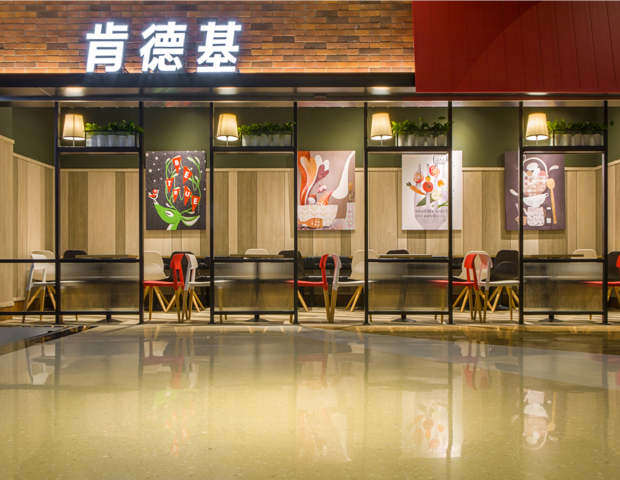
- 169 new stores were opened during the quarter. Including 607 acquired Huang Ji Huang restaurants, the total store count reached 9,954.
- Restaurant margin was 13.7%, compared with 14.7% in the prior year period.
- Operating Profit declined 38% year over year to $128 million from $204 million (35% decline excluding F/X).
- Adjusted Operating Profit declined 36% year over year to $132 million from $204 million (33% decline excluding F/X).
- Net Income declined 26% to $132 million from $178 million in the prior year period, primarily due to the decline in Operating Profit partially offset by gains from our equity investment in Meituan Dianping.
- Adjusted Net Income declined 23% to $136 million from $178 million in the prior year period (35% decline excluding the $31 million and $17 million net gains in the second quarter of 2020 and 2019, respectively, from the equity investment in Meituan, 31% decline if further excluding F/X).
- Diluted EPS declined 26% to $0.34 from $0.46 in the prior year period.
- Adjusted Diluted EPS declined 24% to $0.35 from $0.46 in the prior year period (34% decline excluding the gains from our equity investment in Meituan in 2020 and 2019, 31% decline if further excluding F/X).
- The company sold a portion of its equity investment in Meituan during the quarter. The Company currently owns 4.2 million shares of Meituan.
CEO and CFO Comments
“I am proud of the results we achieved in Q2. We continue to operate in a tough environment, facing significant headwinds from reduced traffic, particularly at transportation and tourist locations, delayed and shortened school holidays and regional resurgences of Covid-19 infections. Nevertheless, we continued to operate safely, serve our communities and recover sales, and remained profitable,” said Yum China CEO Joey Wat.
In July the company reached a major milestone as its 10,000th store came on line. Meanwhile, the target to open 800-850 new stores this year remains unchanged.

Chief Financial Officer Andy Yeung commented: “Our system sales recovered to 96% of the prior year, or 93% excluding Huang Ji Huang, in constant currency. Same-store sales also improved to 89% of the prior year, four percentage points higher than the first quarter. We are especially encouraged by the improvement at Pizza Hut, where same-store sales recovered from 69% in the first quarter to 88% in the second quarter. This was achieved amid ongoing reduced traffic at transportation and tourist locations, delayed and shortened school holidays, and resurging regional infections.
“The recovery is non-linear and uneven with differences across regions and trade zones. These impacts, together with the lingering effects of the Covid-19 outbreak, will continue to put pressure on our sales and operations in the third quarter.”
Yeung concluded: “Our realigned cost structure and productivity improvements helped us achieve a $128 million operating profit and generate strong free cash flow in the quarter. However, with restaurant traffic still below pre-outbreak levels and the global pandemic still evolving, we are prudently managing our financial position. We believe our financial strength enables us to respond to contingencies and invest in our top opportunities in the future.”
No Dividend for Share Repurchases
As announced when first quarter 2020 results were posted three months ago, the company has temporarily suspended its share repurchases and, through the end of the third quarter of 2020, cash dividends on common stock holdings.

